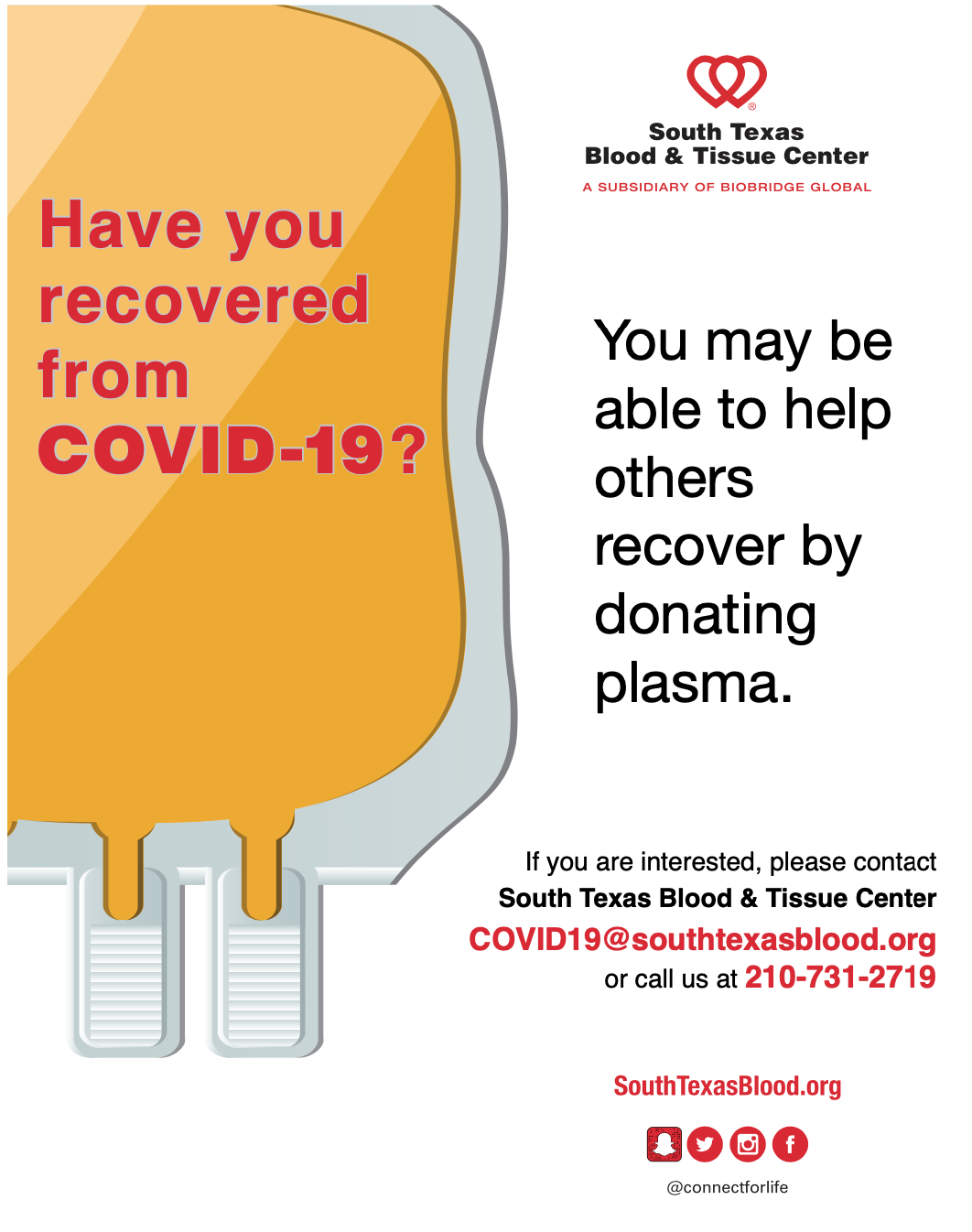
For this reason, it is important that donors who have taken PrEP in the previous three months are not accepted to donate, even if they do not have another blood safety risk. Use of PrEP may interfere with testing for HIV by delaying seroconversion or giving unclear results in a positive donor. However, PrEP is also available via private prescription and/or online pharmacies and may be used by individuals who would not otherwise be deferred. Individuals taking PrEP are unlikely to be eligible to donate due to criteria within the blood safety entry. The use of Pre-Exposure Prophylaxis (PrEP), e.g.

Non-consented Exposure to Human Body Fluids If it is over three months since the donor has taken PrEP or PEP and there is no other blood safety risk, accept Pre- and Post-Exposure Prophylaxis for HIV prevention Obligatoryĭonor has taken Pre-Exposure Prophylaxis (PrEP) or Post-Exposure Prophylaxis (PEP) in the previous three months.Īssess any donor using PrEP or PEP for blood safety risks relating to sexual activity. Annex 6: Advanced Therapy Medicinal Products (ATMPs).Annex 5: Blood Components for Contingency Use.Annex 2: ISBT 128 check character calculation.Annex 1: Standards available from NIBSC.27: Specification for labelling consumables used in therapeutic product production.26: Specification for blood pack base labels.25: Standards for electronic data interchange within the UK Blood Transfusion Services.24: Specification for the uniform labelling of human tissue products using ISBT 128.23: Specification for the uniform labelling of blood, blood components and blood donor samples.21: Tissue banking: tissue retrieval and processing.20: Tissue banking: selection of donors.15: Molecular typing for red cell antigens.14: Guidelines for the use of DNA/PCR techniques in Blood Establishments.13: Patient testing (red cell immunohaematology).12: Donation testing (red cell immunohaematology).10: Investigation of suspected transfusion-transmitted infection.9: Microbiology tests for donors and donations: general specifications for laboratory test procedures.8: Evaluation of novel blood components, production processes and blood packs: generic protocols.6: Evaluation and manufacture of blood components.5: Collection of a blood or component donation.4: Premises and quality assurance at blood donor sessions.3: Care and selection of whole blood and component donors (including donors of pre-deposit autologous blood).Quality in blood and tissue establishments and hospital blood banks You can maximize your donation to make the largest impact. What unique powers does your blood type hold? Check out our Target Your Type tool to learn more about the right donation method for you. AB+ donors are encouraged to donate Plasma or Platelets. Plasma from AB+ donors can be given to patients with any blood type, making it extremely important for those in need. Only 3% of the population has type AB+ blood. People with AB+ (positive) are universal plasma donors.

AB- donors are encouraged to donate Plasma or Platelets. Platelets from AB- donors can be used for any patient in need. One of the rarest of all blood types, only 1% of the population has this special blood type. The universal blood type for platelet transfusions is AB Negative (AB-). Universal blood type for platelet transfusions While O- is the universal blood type for whole blood and red blood cell transfusions, it is not the rarest blood type nor is it the universal blood type for platelet or plasma transfusions. These two donation types allow O- donors to maximize their donation and make the largest impact for patients in need. The preferred donation methods for O- donors are Double Red Blood Cell and Whole Blood.


 0 kommentar(er)
0 kommentar(er)
